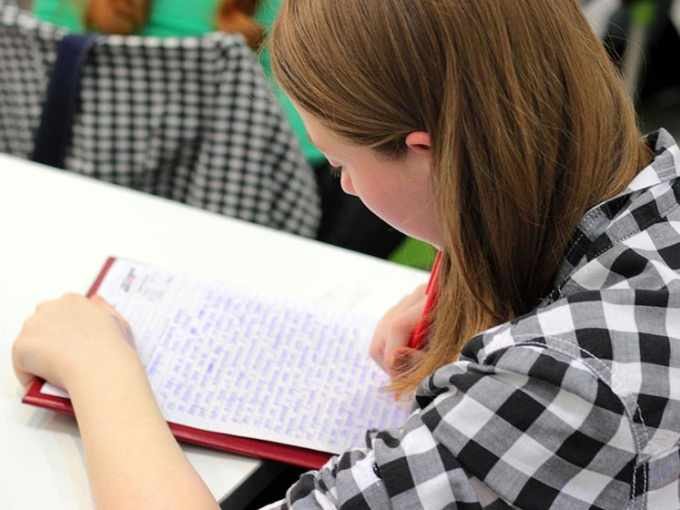
It is long established that an attainment gap exists in schools; those with a higher socio-economic status regularly outperform those from more deprived backgrounds. This is true in almost every country in the world. While political solutions are required, they are unlikely to happen quickly and out of the control of most involved in the raising or educating of children. But there is hope. Researchers from Ireland and UK recently published findings to suggest that a child’s confidence in their academic ability can go a long way towards overcoming this issue.
Dr John Perry, Head of Psychology at Mary Immaculate College, with Dr Martin Dempster of Queens University Belfast, and Dr Michael McKay of University of Liverpool studied 546 high school pupils in Scotland for a period of three years. They first examined the extent to which socio-economic status, which remains largely constant throughout the three years, predicted attainment in school exams. Unsurprisingly, it was a strong predictor; the more deprived background a child was from, the less well they were likely to perform in school.
The research team then sought to determine if confidence could mitigate this sombre prediction. Specifically, they measured academic, social, and emotional self-efficacy. That is, the belief the individual has in their ability to engage in each of these three factors. While emotional and social self-efficacy did not influence the relationship between socio-economic status and attainment, academic self-efficacy reduced the impact of deprivation by around a third. Moreover, when this was combined with improved attendance, the relationship between deprivation and attainment fell again.
Overall then, it seems that although the sad reality is that economic inequalities have significant effects on school attainment, this can be at least partly mitigated by raising academic self-efficacy. Deliberate efforts must be made to achieve this. Setting clear, challenging, and short-term goals to allow pupils to experience success and then reflect on that success, motivational feedback, and peer modelling are suggested as just some methods to achieve this.
The full paper is published as open access in Frontiers in Psychology. The reference for which is:
Perry, J. L., Dempster, M., & McKay, M. T. (2017). Academic Self-Efficacy Partially Mediates the Relationship between Scottish Index of Multiple Deprivation and Composite Attainment Score. Frontiers in Psychology, 8, 1899. doi: 10.3389/fpsyg.2017.01899
Read the full research article here.
By Dr John Perry



